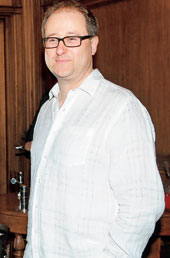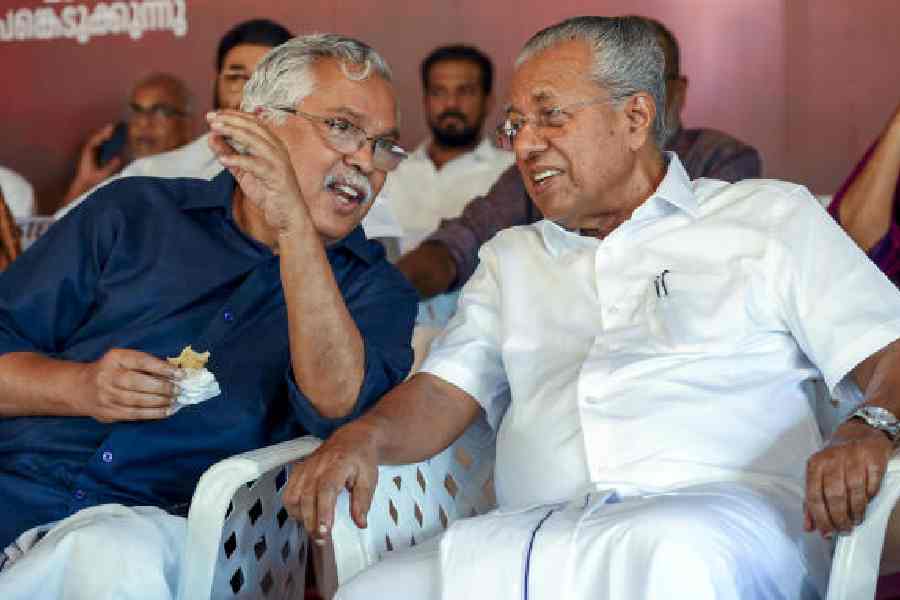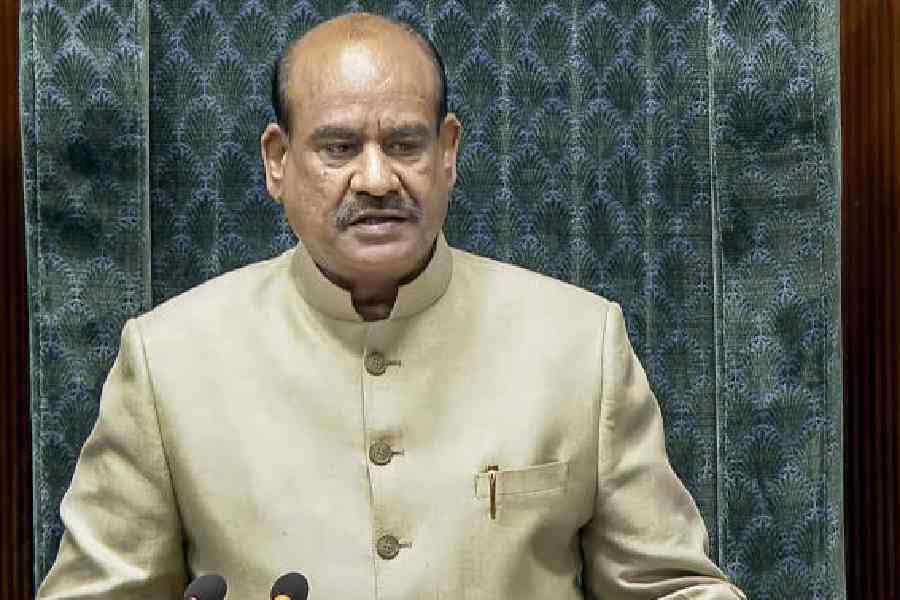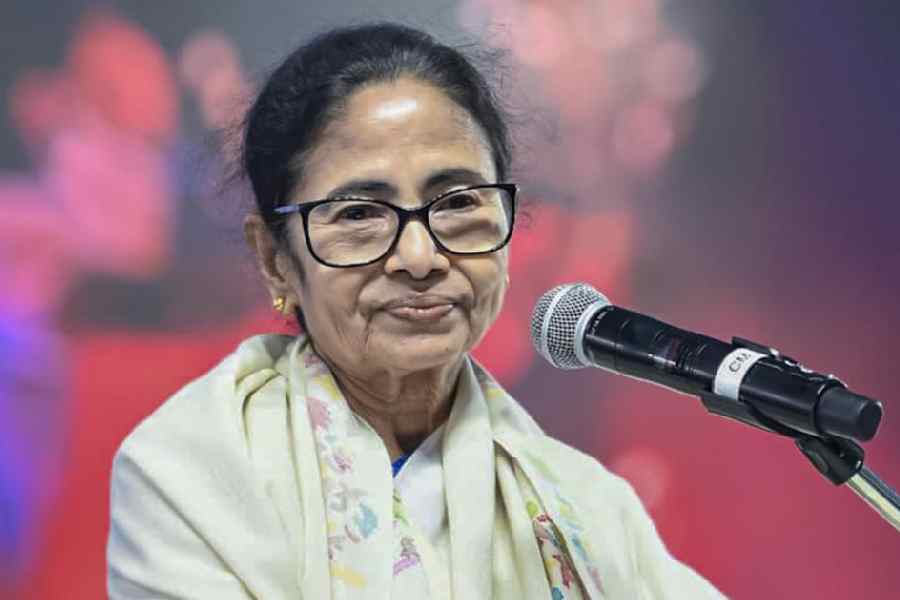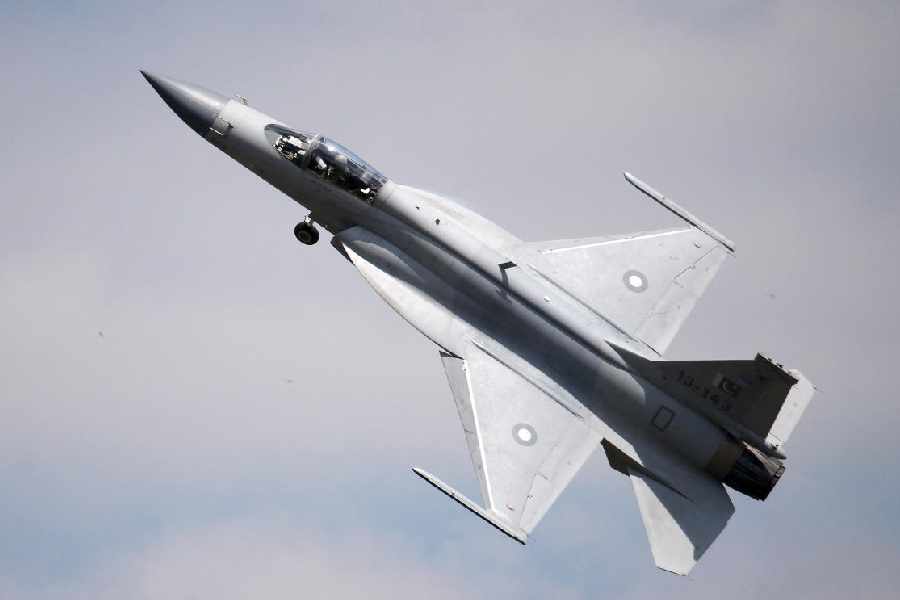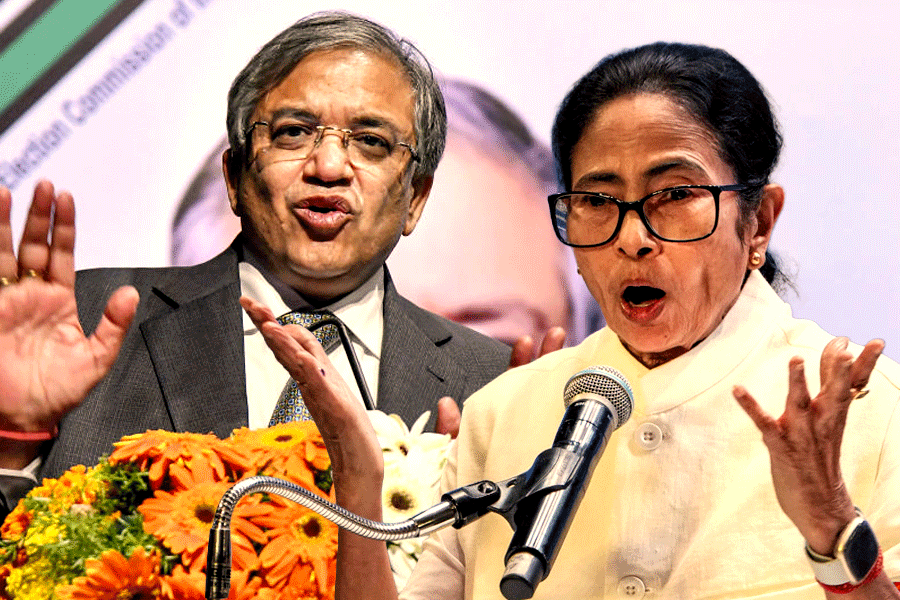 |
British historian and biographer PATRICK FRENCH is in town to conduct a 10-day non-fiction creative writing workshop from Tuesday along with author Amit Chaudhuri for the University of East Anglia. On Saturday, Prabha Khaitan Foundation and British Council hosted a cocktail reception for the 47-year-old author at Taj Bengal. Metro sat down for a chat about firebrand subjects and future-gazing into Indian politics....
In your last book India: A Portrait (2011) you said “Nearly everyone has a reaction to India, even if they have never been there.” When did you first have a reaction to India?
Ooh… I can’t say for certain but when I was quite young, I was interested in Indian politics. That was the time of the Indian Emergency. I found Mrs Gandhi very interesting… I found Sanjay Gandhi very interesting… I was living in England, I had never travelled in India then I had no family link to India [He is married to publisher Meru Gokhale and lives in London]. So, I was reading the British newspapers and what they were saying about the Emergency. I would be about 11 or 12 years old, but I was always very interested in Indian politics. I thought the phenomenon of Sanjay Gandhi very interesting, the idea that this rather useless young man being given the power simply because his mother was the prime minister. Also, later I came to the conclusion that Sanjay Gandhi was quite deranged, clearly somebody who should not be put in any position of responsibility!
When did you know that you would write about India?
I first came to India when I was 19, as a student. Then I travelled in India quite a few more times, I read more about the history and I felt that the Freedom Movement was not being written about accurately. I felt that India’s hypernationalist version of the 1930s and ’40s was ironing out the most interesting parts of the story. I thought that Gandhi was a more interesting figure, Jinnah was a much more interesting figure than what you got in the school textbooks. So I wanted to do a rewrite of how and why Independence happened and why Partition had happened [His second book Liberty or Death: India’s Journey To Independence and Division came out in 1997].
Were you at any point sceptical of the reception of your version of Gandhi in India, given that he is almost deified here?
Well, I think at that time people were a bit surprised that I was writing that way about Gandhi but now the ideas of Liberty or Death are quite widely accepted. The book is used in schools in India, it’s used in university courses in India and in the UK and the US.
 |
| On Advani |
| He was absolutely central to the creation of the BJP…. I think he sort of feels that he somehow deserves the top job…. I think that his decision to resign in a fit of pique was not unexpected, not out of character. |
You know, the irony of this is if you look at the things that Gandhi’s own contemporaries — people like Patel or Nehru — were writing about him, they had a much clearer, less respectful view than what people had 50 years after Independence. So, in the end, what was I doing? I was looking at these people — Gandhi or Jinnah or Nehru or Sardar Patel or Maulana Azad — in a human way, in a biographical way. I was saying, what were the emotions, what were the family circumstances that made them behave in a particular way.
Some years later, you chose to write The World Is What It Is, a biography of V.S. Naipaul — a rather “difficult” man, one hears…
You think he’s difficult (laughs)? I think there were two things that first attracted me towards writing about V.S. Naipaul. One was that his writing is itself so impressive, regardless of whether you agree with his political or other views, the actual texture and quality of his writing is amazing.
Then I also thought that if I am to do a biographical portrait of him, what could be more interesting than somebody who is triangulated between three completely different cultures? His first 18 years were in Trinidad. And always in the background is the Indian heritage of his grandparents, which comes through in three or four of his books. And yet, his entire adult life is based in the UK, so he’s often seen as quite an English or a British figure. I thought that would give a sort of creative tension to the biography.
And it helps if the subject of your book is prone to making provocative comments that send the world into a tizzy…
Well, yes, but as I say, the provocative comments — although they might be either embarrassing or entertaining — are not as important as the books. If you go back to a book like A House for Mr Biswas or to An Area of Darkness, there’s a lot of fascinating thought and story. And in an era when celebrities are the news — I mean an actress taking her dog to the park for a walk is a news story today! — one of the side effects of that on someone like Naipaul is that he makes a throwaway comment in an interview and then somebody reacts to it and someone reacts to the reaction and then it’s a big story. But in fact, in the long run, it is not more important than what he’s written in his books. That’s the way I see it.
So, after Naipaul, who would you like to write on?
Mamata Banerjee.
Any particular reason?
Well, I think anybody who manages to unravel her mind in the course of a 500-page biography would be doing a service to the nation. Next question?
You’ve met L.K. Advani while researching India: A Portrait. What do you make of his recent resignation episode?
I have had meetings with lots of politicians but they are all off the record. The one with Advani was on record, so I wrote about it. You know that expression that is often applied to politicians — “he or she is the best prime minister we’ve never had” — I think Advani has long felt that about himself. He sort of feels that he somehow deserves the top job because he’s been in politics for so long. Let’s not forget the scale of his achievements in helping to make the BJP. He was absolutely central to the creation of the BJP. And I think he feels that he deserves a reward. I think that his decision to resign in a fit of pique was not unexpected, not out of character. But it doesn’t mean very much, it’ll be forgotten by the time the elections come.
 |
| I think it’s unlikely. It’s possible, but unlikely (Narendra Modi being the next PM)… I think it’s quite likely that some form of Third Front will emerge. |
In my book, I have written a bit about his diet. He’s very careful and despite his age he is in very good health. So, he felt, despite his age, he would be able to be a potential prime minister. But in the end, the support fell away. In fact, just a couple of weeks back, I was talking to somebody who was one of Advani’s staunch backers in the last elections but now says that he doesn’t have the support (to become a prime ministerial candidate) within the party anymore.
Do you think Narendra Modi will be India’s next prime minister?
No. I think it’s unlikely. It’s possible, but unlikely.
So, what is your prediction for the 2014 general election?
That it would be hard for either the Congress or the BJP with their allies to gain the sort of majority that they need. And that makes the result of the forthcoming election very unstable. I think it’s quite likely that some form of Third Front will emerge. You know, when that has happened at other times in Indian politics, the person who became prime minister was normally an unexpected figure. My hunch is that India’s next prime minister will be somebody who we’re not expecting.
Your impression of Calcutta today?
Well, I’ve only been here a couple of days, so I can’t really say much. One thing I did notice is that I had thought the human (hand-drawn) rickshaws had been abolished but I noticed them today when I was walking on something that was like a cross between a pavement and a swamp. I was surprised that they’re still around after 40 years of Karl Marx!
You are here to teach a workshop…
Yes. We have two dozen starry students who will be improving their existing skills as writers. It’s quite a diverse bunch of people, some are retired, some are students and some are in the middle. The point really is that these people already have an existing talent, who want in future to write biographies, or history, or travel writing or the essay or in some cases they want to improve their skills as journalists or as profilers of people and we’re going to work very intensely for just under two weeks at improving their skills. I think that’s something very much needed in India right now, because of an explosion of interest in literature, in books, yet the infrastructure to help people to rewrite or to edit their own work is not necessarily there.
 |
What are you working on right now?
I am working on several things at the moment, one of which is a book on the Himalayas….
An all-time favourite book or author?
Vladimir Nabokov.
What are you currently reading?
NW by Zadie Smith. And it’s a remarkably good book, I’m about halfway through. And I was very pleased to see on page 24 a conversation between two of the characters, where one of them says something and the other one replies ‘The world is what it is’, which is the title of my V.S. Naipaul biography! But it’s also a sentence of philosophy. Because when you get depressed about something not being how you would like it to be, in your home or in your city, you can say, ‘Well, the world is what it is’!
What would your autobiography be called?
(Laughs out loud).... I think I’d have to call at least one chapter of it ‘Two Weeks in Kolkata’!
Do you agree with Patrick French’s prediction for Lok Sabha 2014? Tell ttmetro@abpmail.com

